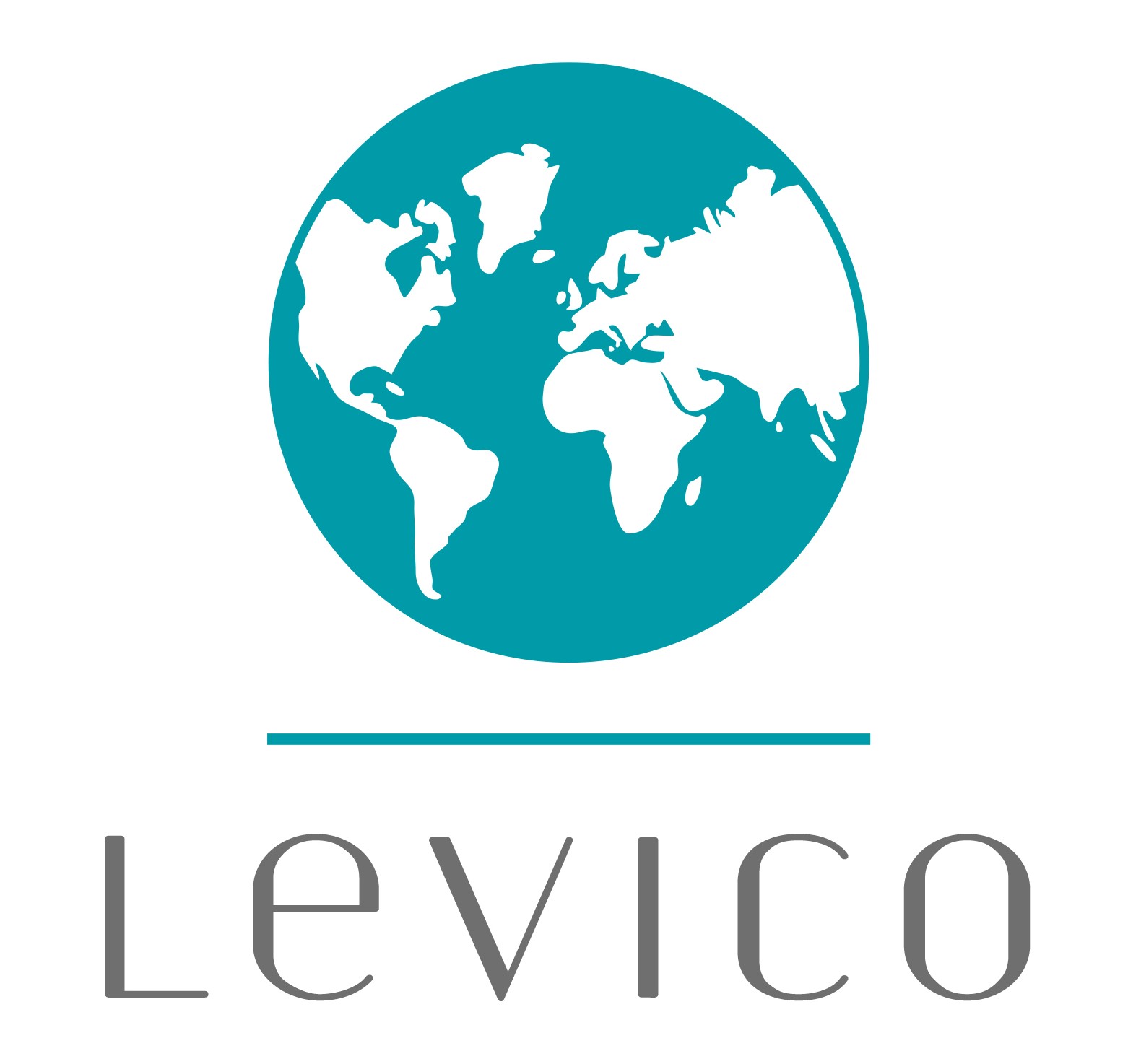

Levico Acque S.B. srl

Trentino-South Tyrol, Italy
March 2024
Beverages
Manufacturing
Italy
Levico water, with only 37 milligrams per litre of fixed residue, is one of the lightest waters in Europe. This exceptional purity informs every decision made, preserving and amplifying the unique property of lightness. The dedication to lightness goes hand-in-hand with the commitment to environmental sustainability. From collection to bottling, Levico Acque ensures that processes are eco-friendly, exclusively using glass bottles to minimize environmental impact. Levico Acque, through water and market offerings, aims to send a clear message: to mobilise the positive energy of those who believe that more responsible lifestyles and choices are the only way to save our planet and ourselves. These core principles provide the foundations for the Vision: to become a benchmark and a virtuous business model which, by taking care of the environment and the community we live in, sustains itself and the world; to be a champion of change and main player in a regenerative economy capable of leaving a positive and lasting mark by creating not only economic value, but also social and environmental. Levico Acque is more than just hydration; it's a commitment to a better future.
Overall B Impact Score
Governance 15.1
Governance evaluates a company's overall mission, engagement around its social/environmental impact, ethics, and transparency. This section also evaluates the ability of a company to protect their mission and formally consider stakeholders in decision making through their corporate structure (e.g. benefit corporation) or corporate governing documents.
What is this? A company with an Impact Business Model is intentionally designed to create a specific positive outcome for one of its stakeholders - such as workers, community, environment, or customers.
Workers 29.3
Workers evaluates a company’s contributions to its employees’ financial security, health & safety, wellness, career development, and engagement & satisfaction. In addition, this section recognizes business models designed to benefit workers, such as companies that are at least 40% owned by non-executive employees and those that have workforce development programs to support individuals with barriers to employment.
Community 21.7
Community evaluates a company’s engagement with and impact on the communities in which it operates, hires from, and sources from. Topics include diversity, equity & inclusion, economic impact, civic engagement, charitable giving, and supply chain management. In addition, this section recognizes business models that are designed to address specific community-oriented problems, such as poverty alleviation through fair trade sourcing or distribution via microenterprises, producer cooperative models, locally focused economic development, and formal charitable giving commitments.
Environment 23.3
Environment evaluates a company’s overall environmental management practices as well as its impact on the air, climate, water, land, and biodiversity. This includes the direct impact of a company’s operations and, when applicable its supply chain and distribution channels. This section also recognizes companies with environmentally innovative production processes and those that sell products or services that have a positive environmental impact. Some examples might include products and services that create renewable energy, reduce consumption or waste, conserve land or wildlife, provide less toxic alternatives to the market, or educate people about environmental problems.
Customers 2.9
Customers evaluates a company’s stewardship of its customers through the quality of its products and services, ethical marketing, data privacy and security, and feedback channels. In addition, this section recognizes products or services that are designed to address a particular social problem for or through its customers, such as health or educational products, arts & media products, serving underserved customers/clients, and services that improve the social impact of other businesses or organizations.